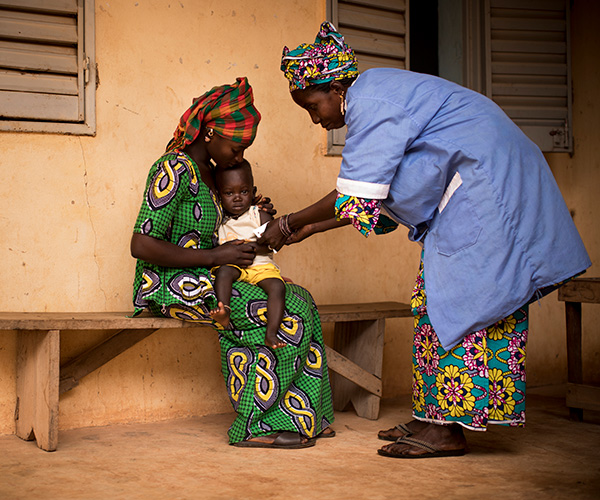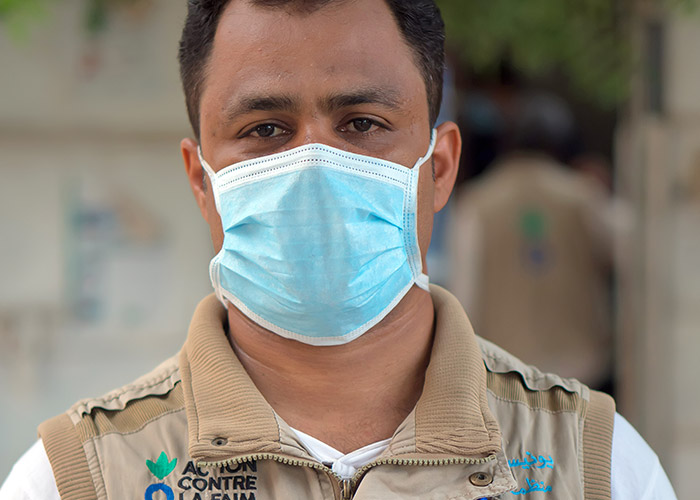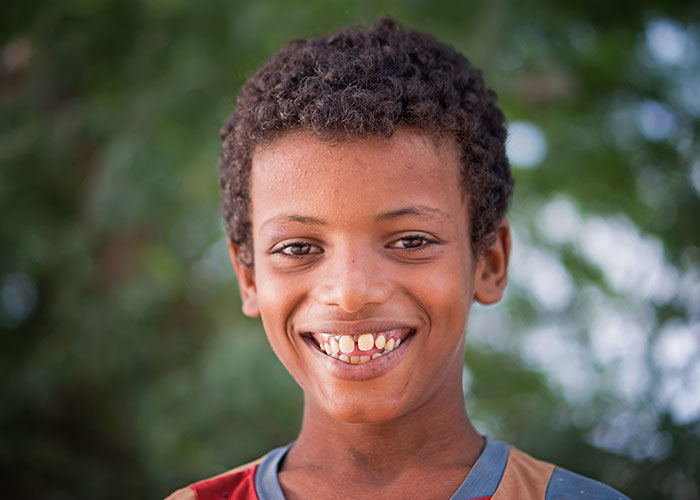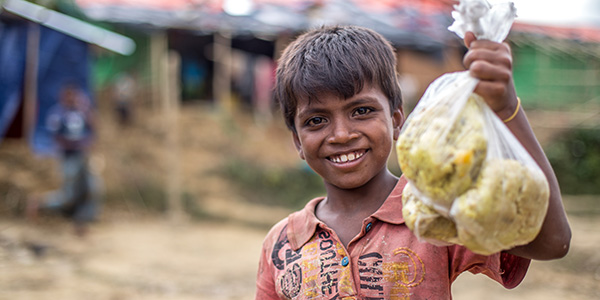About us

We save the lives of malnourished children and support their families to beat hunger.

24 million people in Yemen urgently need our help.
Communities who have already had to leave everything behind to keep their families safe from violence are now facing a new threat. For Yemen, coping with Covid-19 with a crumbling health system will be extremely difficult. The country faces a very high mortality rate of 20%.
The pandemic has also caused concerns around a worsening food crisis in Yemen. With many people losing their jobs, families are struggling with no income. The increased price of goods because of inflation is making an already critical situation worse.
Malnutrition rates in Yemen are among the highest in the world. Women and children are particularly vulnerable due to poor water and sanitation services, and the breakdown of health systems.
You can help us reach more malnourished children and their families in Yemen.

Years of conflict and fighting make countries like Yemen more vulnerable to diseases like coronavirus.
Action Against Hunger is one of the few international aid organisations working in Yemen. Despite access restrictions, our teams are:
Please note: Your donation will go towards our life-saving work in Yemen. Any funds raised over and above the needs of these programmes will go to our life-saving work and used where help is needed most.


We save the lives of malnourished children and support their families to beat hunger.

Thanks to your support, our programmes reach 26 million people globally.

At all times, our aim is to save the lives of vulnerable people affected by hunger.